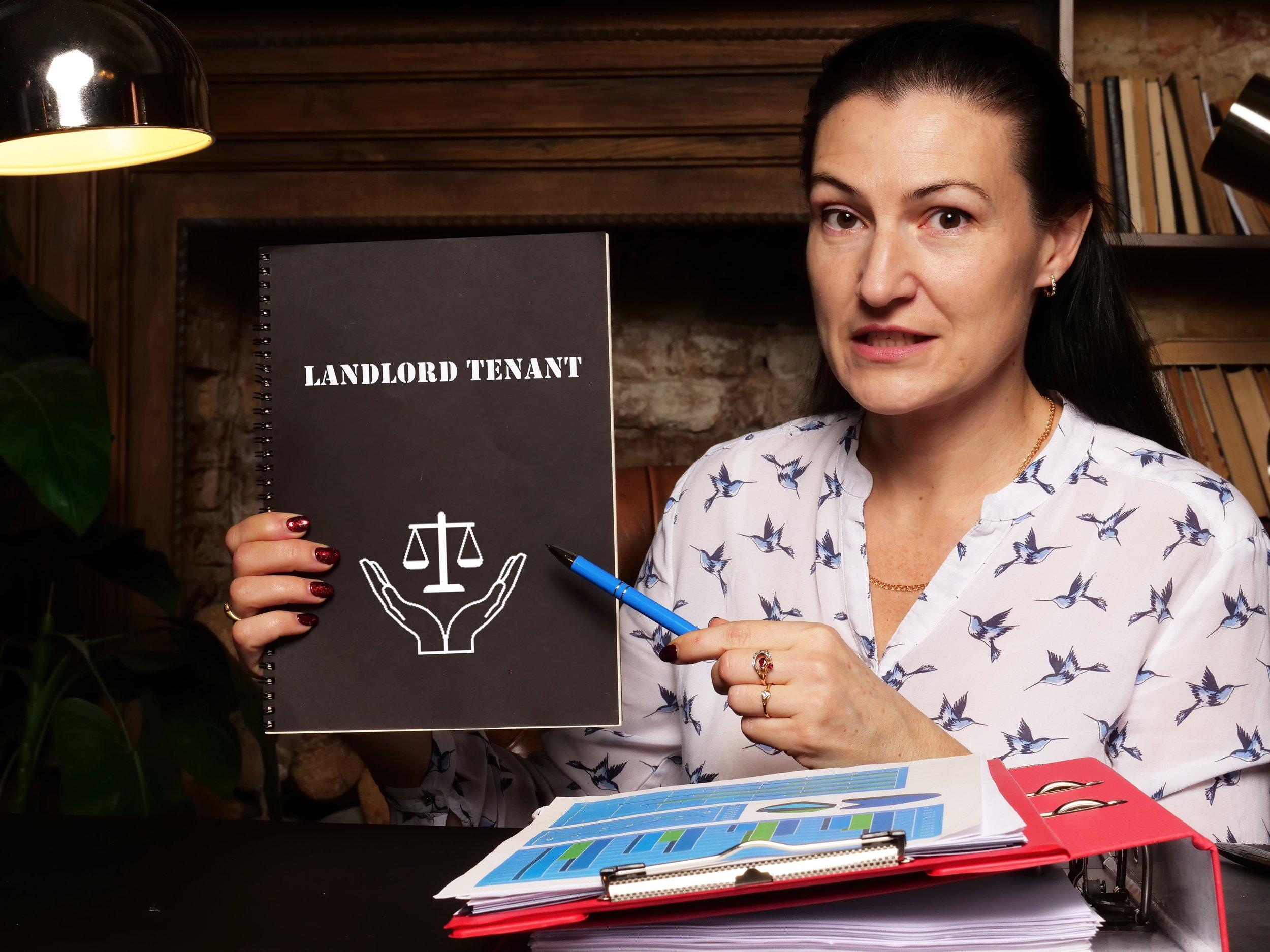A landlord tenant attorney specializes in the legal issues that arise between landlords and tenants. These attorneys play a crucial role in ensuring that both parties' rights are protected and that disputes are resolved efficiently. Whether dealing with eviction proceedings, lease agreements, or property maintenance disputes, a landlord tenant attorney is an essential advocate in the often complex landscape of rental property law.
Responsibilities of a Landlord Tenant Attorney:
Lease Agreement Drafting and Review:
One of the primary responsibilities of a landlord tenant attorney is to draft and review lease agreements. These contracts outline the terms of the rental arrangement, including rent amount, payment schedules, and maintenance responsibilities. An attorney ensures that the lease is legally sound and that it includes clauses that protect their client's interests. This proactive step helps prevent potential disputes by clearly defining expectations and responsibilities from the outset.
Handling Evictions:
Eviction is a common issue where a landlord tenant attorney's expertise is indispensable. For landlords, attorneys assist in ensuring that eviction procedures comply with state and local laws, reducing the risk of legal repercussions. For tenants, attorneys can provide a defense against unjust eviction attempts, ensuring that their rights are upheld. This can involve representing clients in court, negotiating settlements, or navigating the nuances of eviction notices.
Resolving Disputes:
Disputes between landlords and tenants can arise over a variety of issues, such as property maintenance, rent increases, or security deposit returns. A landlord tenant attorney mediates these disputes, striving for resolutions that avoid litigation. When necessary, they represent their clients in court, providing a legal voice to argue for fair outcomes based on lease agreements and applicable laws.
Advising on Tenant Rights and Obligations:
Tenants often need guidance on their rights and obligations under the law. A landlord tenant attorney educates tenants on issues like habitability standards, privacy rights, and procedures for addressing grievances with landlords. This guidance helps tenants navigate their rental experience more confidently and can prevent minor issues from escalating into significant legal conflicts.
Importance of a Landlord Tenant Attorney
Protecting Legal Rights:
Both landlords and tenants have specific rights and responsibilities under the law. A landlord tenant attorney ensures these rights are respected and upheld. For landlords, this means protecting property investments and maintaining positive tenant relationships. For tenants, it involves securing a safe and livable rental environment and fair treatment under the lease.
Navigating Complex Legal Landscapes:
Rental property law can be complex, with variations at the federal, state, and local levels. A knowledgeable landlord tenant attorney stays abreast of these laws, ensuring compliance and providing accurate legal advice. This expertise is crucial in avoiding costly legal missteps and understanding the implications of new regulations or legal precedents.
Efficient Dispute Resolution:
Disputes between landlords and tenants can be time-consuming and emotionally draining. An attorney acts as an intermediary, facilitating efficient and effective resolutions. Their goal is to achieve outcomes that are legally sound and acceptable to both parties, minimizing the disruption and stress associated with rental property disputes.
A landlord tenant attorney serves as an essential resource for both landlords and tenants, offering legal expertise that safeguards rights and resolves conflicts. By drafting precise lease agreements, managing eviction processes, and mediating disputes, these real estate attorneys play a pivotal role in the rental property sector. Their guidance helps ensure that rental relationships are conducted fairly and in accordance with the law, contributing to a more stable and predictable rental market.
